Reduce Stress and Relieve Anxiety: Eat Smart!
by Dr Sonia Russell EdD, MISMA, MAC, Ch.Ed(Nutr.Ad)
Introduction
Life with its twists and turns is not always easy to handle. Unfortunately, we live in an age where many people continue to work later hours at the expense of their families, and often their own health. Many people worry a lot about life in general, and there is not one specific reason for stress or anxiety. As a result, even happy occasions such as birthdays and weddings can be seen as stressful due to the planning involved. As stress and anxiety have become by-products of everyday life some individuals find that they are able to cope on their own. Unfortunately, there are many other individuals who find living with stress and anxiety very difficult.
There are several ways to help you to reduce stress, relieve anxiety, and make it easier to cope. Relaxation, deep breathing exercises, obtaining support from friends, family, coaching or faith-based organisations are some of the steps which you might like to consider.
“Our bodies are built up from the food we eat” (Ellen G. White, p.122). Therefore, it is reasonable to suggest that one of the ways to help to reduce stress and anxiety is by choosing carefully what you eat and drink! Read on to find out more in today’s health coaching blog.
Nutrition and Stress Management
Food is extremely essential to a person’s health. It is wise to eat a healthy balanced diet in order to prevent the onset of stress, and possibly stress-related illnesses such as high blood pressure, cancer, Type 2 Diabetes, and heart disease. Whilst a great deal of uncertainty still exists about the exact relationship between nutrition and health, research has provided evidence which claim that there are “foods that harm and foods that heal” (Reader’s Digest, 2001).
A balanced healthy diet helps to provide a person with the physical and emotional strength required to face and to deal with stressful situations. On the other hand, low levels of nutrients have been linked to stress-related symptoms such as insomnia, irritability, anxiety, depression and fatigue because ‘certain nutrients are used up when a person is under stress’ (Reader’s Digest, 2001:334).
It would not be sensible to tell you not to be concerned about things which are important to you, such as your job, career, money matters and your family, for example. Nonetheless, it is important to realise that good nutrition can help you to think more clearly, to focus, to cope, and ultimately to help to reduce stress or anxiety so that, if necessary, you can make essential changes.
Foods which aggravate the feeling of stress and anxiety should be avoided. Simple carbohydrates, such as sweets, pastries, biscuits and other produce made from white flour, high levels of salt, sugar and saturated fat deplete the body of essential nutrients. These foods lead to the release of excess glucose and insulin, which eventually leave you feeling tired, stressed and even anxious.
These foods contain very little and often none of the vitamins and minerals that the body needs to keep it healthy. These “fast releasing carbohydrates can give rise to complex symptoms and health problems” (Holford, 2004:47). Unfortunately, this can also contribute to more problems for you if, for example, you have Type 2 Diabetes or have high blood pressure. Stress also raises your blood sugar so you might find it takes longer for your blood glucose levels to return to normal.
A sensible diet includes unrefined, complex carbohydrates, healthy proteins and healthy fats, such olive oil, chia seeds, and flax seeds. Complex carbohydrates should be included in the diet to ensure that the balance between glucose and glycogen are maintained. Examples of complex carbohydrates are fresh fruits, vegetables, pulses such as lentils, chick peas and beans, and whole grains (for example, brown rice, oats, and millet). The right carbohydrates eaten in moderation therefore help to fuel the body and could help to prevent unnecessary stress and reduce feelings of anxiety.
Choose what to drink wisely. You should aim to drink between six to eight glasses of water per day which help to rid the body of toxins, maintain blood pressure and create serotonin needed to regulate your mood. Water is better for you than stimulants, such as coffee and non-herbal teas, which contain caffeine; the latter deplete the body of vital nutrients; and cause an increased amount of adrenaline to be produced. According to Manning (2003), the belief that alcohol will calm you down, and relieve your stress is misguided. On the contrary, “alcohol increases the adrenal hormone output” (Manning, 2003:156) which leaves you feeling miserable afterwards.
In short, it is in your interest to try to avoid consuming anything that adds to your levels of stress. Variety is good but poor choices might not always be the spice of life!
Please feel free to contact me to find out more.
Perhaps you would like support to help you to cope and thrive during these challenging times, you’re your mental wellbeing, stress management, how to manage anxiety or your health and wellbeing in general, let’s talk.
You can contact me by email at Leap to Health, Inverness, info@leaptohealth.co.uk
References
Manning, M. (2003)
The Healing Journey, London, Judy Piatkus Ltd.
The Reader’s Digest (1996)
Foods that Harm, Foods that Heal, London. The Reader’s Digest Association Ltd.
Holford, P. (2004)
New Optimum Nutrition Bible, London, Piatkus Books Ltd.
White, E. G. (1990)
The Ministry of Healing, USA, Shelter Publications.
